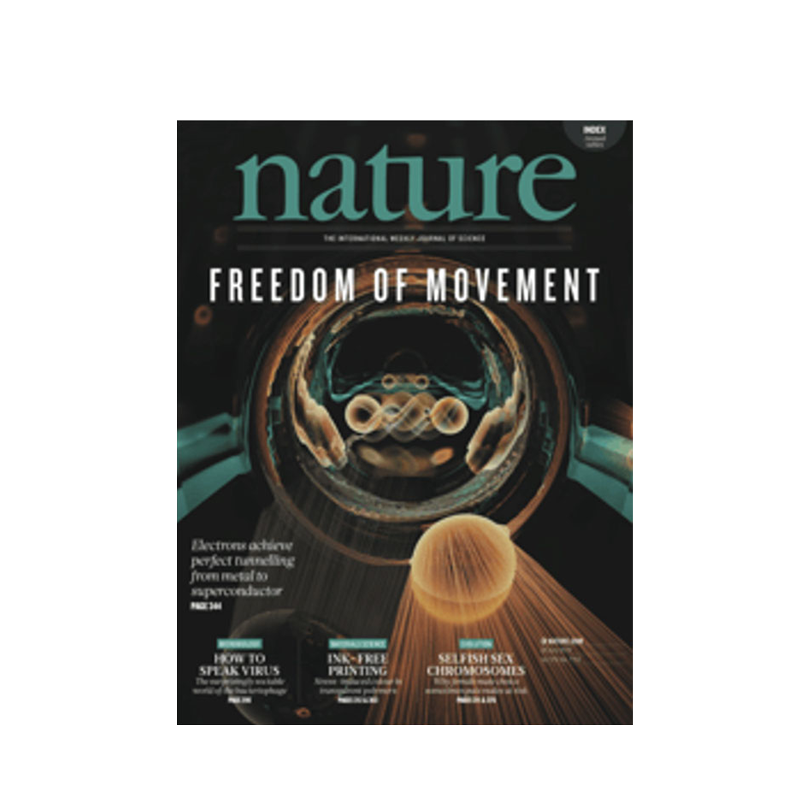DELFI Fragmentomics Supports Early Cancer Detection
We are creating next-generation liquid biopsy tests fueled by breakthroughs in genomics and machine learning.

Unlocking a Vast Trove of Diagnostic Data
Our unique fragmentomics technology isn’t limited to the small number of mutations or alterations detected by other liquid biopsy methods. We see a bigger picture.
Innovative, Advanced Machine Learning Platform
DELFI’s advanced machine learning, fragmentomics technology derives its analytical power by comparing cell-free DNA patterns against populations with and without cancer. The technology has demonstrated the ability to use millions of data points to identify the presence of cancer.

High Performance Methods
By examining cell-free DNA fragments across the genome, DELFI’s machine learning platform, supporting early cancer detection, analyzes orders of magnitude more data on the presence or absence of cancer than possible with conventional technologies that look for limited changes in DNA sequences.
A Growing Body of Evidence
First published in Nature in 2019, DELFI’s methods continue to demonstrate the potential of using this technology to develop high-performing, accessible liquid biopsy tests.
PUBLICATIONS
Information on DELFI’s research findings have been published in respected peer-reviewed publications, at scientific and medical society events, and in thought-leading technical forums
Literature
Cancer treatment monitoring using cell-free DNA fragmentomes
van ‘t Erve, I., Alipanahi, B., Lumbard, K. et al. Nature Communications. 10.1038 – s41467-024-53017-7. (2024).
Early detection of ovarian cancer using cell-free DNA fragmentomes and protein biomarkers
Medina, J.E., Annapragada, A.V., Lof, P., et al. Cancer Discovery. 10.1158 – 2159-8290 CD-24-0393. (2024).
Innovations in Early Lung Cancer Detection: Tracing the Evolution and Advancements in Screening
Cotton, L.B., Bach, P.B., Cisar, C., et al. Journal of Clinical Medicine. 10.3390 – 2024.13.4911. (2024).
Clinical validation of a cell-free DNA fragmentome assay for augmentation of lung cancer early detection
Mazzone, P.J., Bach, P.B., Carey, J., et al. Cancer Discovery. 10.1158 – 2159-8290. CD-24-0519. (2024).
Single-molecule genome-wide mutation profiles of cell-free DNA for non-invasive detection of cancer
Bruhm, D.C., Mathios, D., Foda, Z.H. et al. Nature Genetics. 10.1038 – s41588-023-01446-3 (2023)
Cell-free DNA fragmentomes in the diagnostic evaluation of patients with symptoms suggestive of lung cancer
Leal, A., Mathios, D., Jakubowski, D., et al. Chest. 10.1016 – 2023.04.033 (2023)
Detecting liver cancer using cell-free DNA fragmentomes. Foda Z., Annapragada A., Boyapati, K., et al. Cancer Discovery. CD-22-0659 (2022).
Detection and characterization of lung cancer using cell-free DNA fragmentomes. Mathios, D., Johansen, J.S., Cristiano, S. et al. Nat Commun. 12, 5060 (2021).
White blood cell and cell-free DNA analyses for detection of residual disease in gastric cancer.
Leal A, van Grieken NCT, Palsgrove DN, et al.
Nat Commun. 2020;11(1):525.
Genome-wide cell-free DNA fragmentation in patients with cancer. Cristiano S, Leal A, Phallen J, et al. Nature. 2019;570(7761):385-389.
Presentations
Evaluating lung cancer clinical characteristics and tumor subtypes using cell-free DNA fragmentomes. Schuurbiers, M., Skidmore, Z., van der Leest, P., Cristiano, S., Medina, J., Graham, G., Jones, S., Millberg, L., Carey, J., Leal, A., Chesnick, B., Wu, T., Monkhorst, K., Bach, P., Dracopoli, N., Scharpf, R., Velculescu, V., van den Broek, D., Van den Heuvel, M., Rinaldi, L. Presented at ASCO 2025, May 31-June 2, 2025.
Improving the Efficiency of Lung Cancer Screening Through the Use of a Point-of-Care Blood-Based Lung Cancer Screening Test Prior to Low-dose CT. Cotton L, Bach P, Tennefoss D, et al. Presented at CHEST Annual Meeting: October 6-9, 2024.
Improving the Efficiency of Lung Cancer Screening Through a Blood-based Lung Cancer Screening Test Prior to Low-dose CT. Cotton L, Bach P, Kazerooni E, et al. Presented at IASLC World Conference on Lung Cancer: September 7-10, 2024.
FIRSTLUNG (L301): Cluster Randomized Trial Evaluating the Clinical Utility of DELFI’s Blood-Based Lung Cancer Screening Test. Cotton L, Bach P, Cisar C, et al. Presented at IASLC World Conference on Lung Cancer: September 7-10, 2024.
Cell-free DNA fragmentation profiling for monitoring therapeutic response in metastatic colorectal cancer. Alipanahi B, van ‘t Erve I, Lumbard K, et al. Presented at AACR Meeting: April 14-19, 2023.
Prospective evaluation of cell-free DNA fragmentomes for lung cancer detection. Mazzone P, Wong K, Tsay J, et al. Presented at AACR Meeting: April 14-19, 2023.
CASCADE-LUNG: Validation of a blood-based assay that evaluates cell-free DNA fragmentation patterns to detect lung cancer. Barta J, Freedland S, Mazzone P et al. Presented at AACR Meeting: April 14-19, 2023.
DELFI as a Real-Time Treatment Response Assessment for Patients with Cancer. Presented at AACR Meeting Online: April 8-13, 2022.
Genome-wide cfDNA fragmentation in patients with cancer and other diseases. Carey J, Jones S, Leal A, et al. Presented at 2021 ASCO Annual Meeting Online: June 4–8, 2021.
Modeling cell-free DNA fragment size densities for non-invasive detection of cancer. Carey J, Chesnick B, Butler D, Rongione M, Parmigiani G, Velculescu VE, Dracopoli NC, Scharpf RB. Presented at 2021 ASCO Annual Meeting Online: June 4–8, 2021.
Detecting cancer using genome wide cfDNA fragmentation in a prospective diagnostic cohort.
Carey J, Leal A, Chesnick B, et al. Presented at
Virtual AACR Annual Meeting Week 1: April 10-15, 2021.
Technology Articles
How AI Can Help Detect Lung Cancer Sooner.
Built-In August 8, 2024
FRAGMENTOMICS studies the physical properties of circulating cell-free DNA fragments. DNA is packaged abnormally in cancer cells, resulting in abnormal fragment patterns when cancer cells die and release their DNA into the bloodstream. Cell-free DNA fragments in the blood can indicate the presence of cancer and suggest its likely location in the body.

